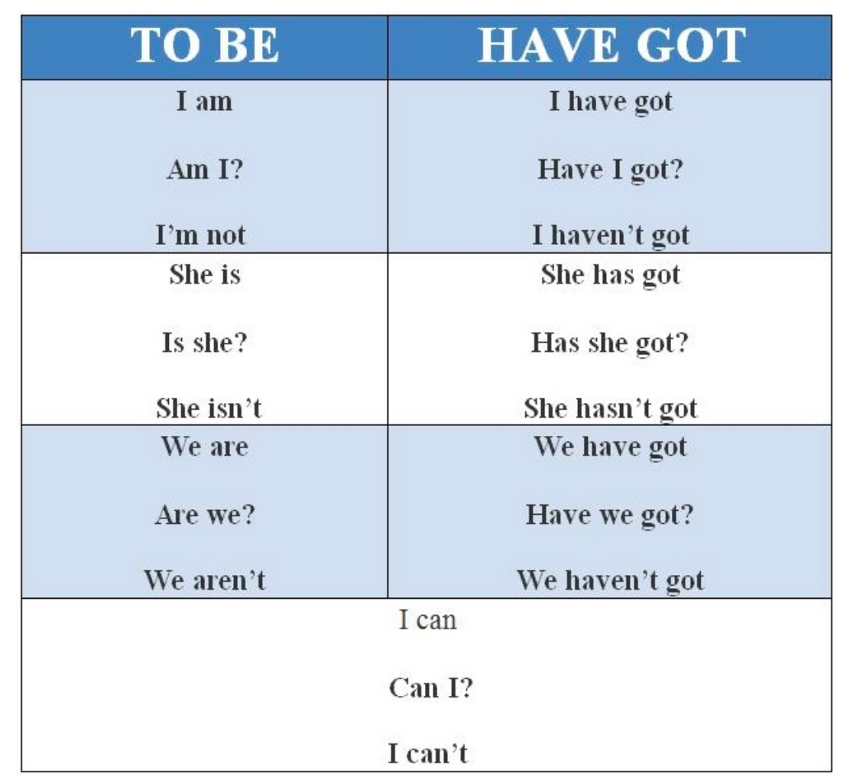1. We often use "must, need to, has/have to" to say that someting is necesarry.
- They must be patient when your goals are for the long time.
- Companies have to advertise to let consumers know they exist.
- I need to have to figures before next Monday´s meeting.
2. We use "had to" to refer to a past obligation.
- When I lived in London, I had to learn English.
3. We use "don´t have to" and "don´t need" to if something is not necessary.
- We use don´t have to queue up when you buy online.
- If you buy now, you don´t need to pay anything until next year.
4. "Have to" is more common in questions that must.
- Do we have to make a decision now?
5. We use "mustn´t / must not" when things are forbidden or against the law.
6. Compare the uses of "musn´t" and "don´t have" to in this sentence:
- In many companies, employees musn´t wear jeans, but they don´t have to dress formally.
7. We use "must to" say we are sure of something because of what we know.
- He must be very rich (He drives a Aston Martin)
8. We use "should or shouldn´t "to give advice or to suggest the right course of action.
- A CV should be printed on good-quality notepaper.
- It shouldn´t be more than two pages long.
- Should often follows the verbs suggest and think.
- I suggest/think we should aim at the top end of the market.
9. We use "should" to say that something is likely in the future.
- Interest rates should come down soon.
10. "Must" is used with the present and future tense. "Have to" with past, present and future.
|
Autoridad externa |
Autoridad del emisor |
| Pasado |
Had to |
Had to |
| Presente |
Have to |
Must |
| Futuro |
Will have to |
Must |

